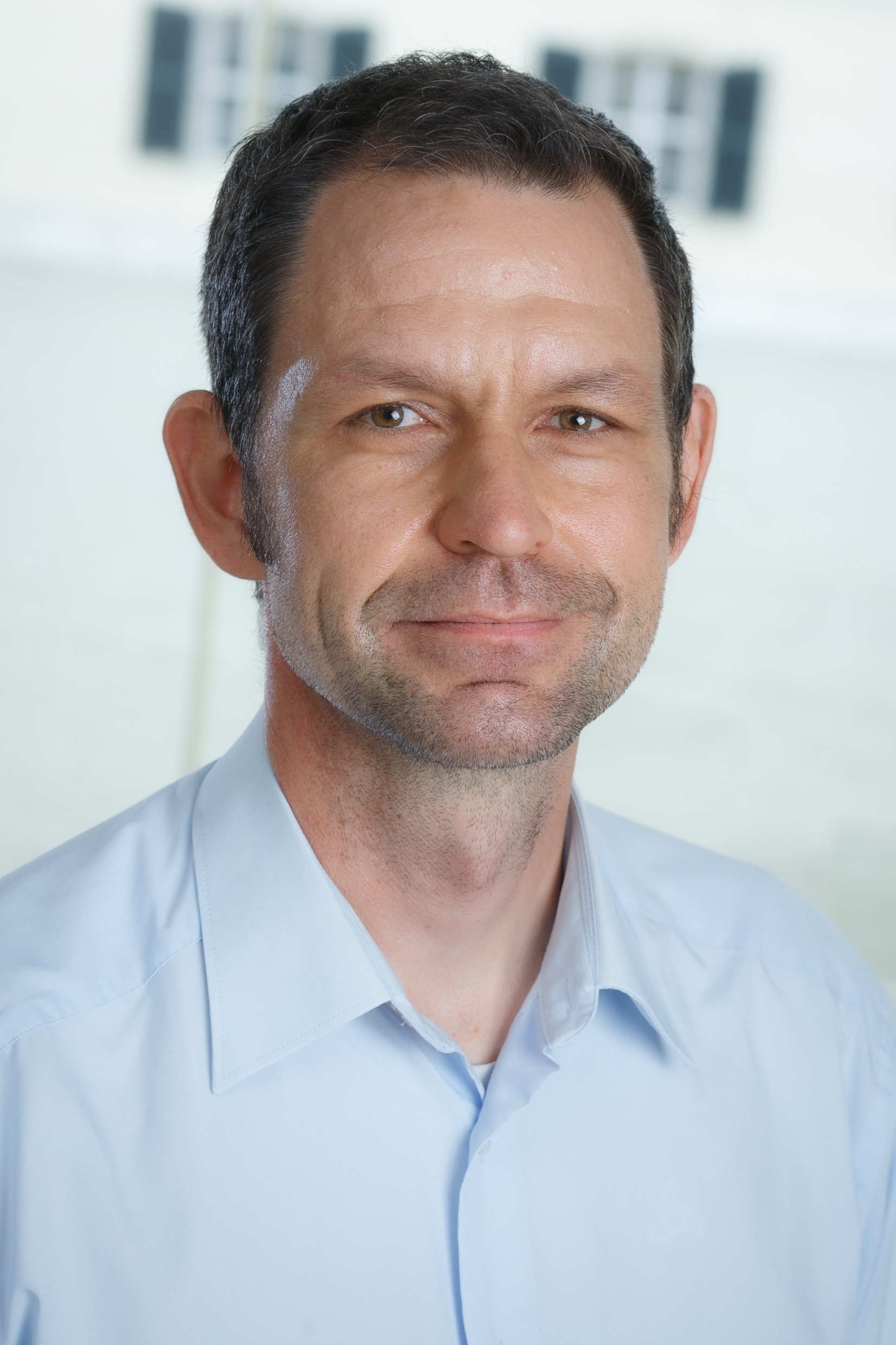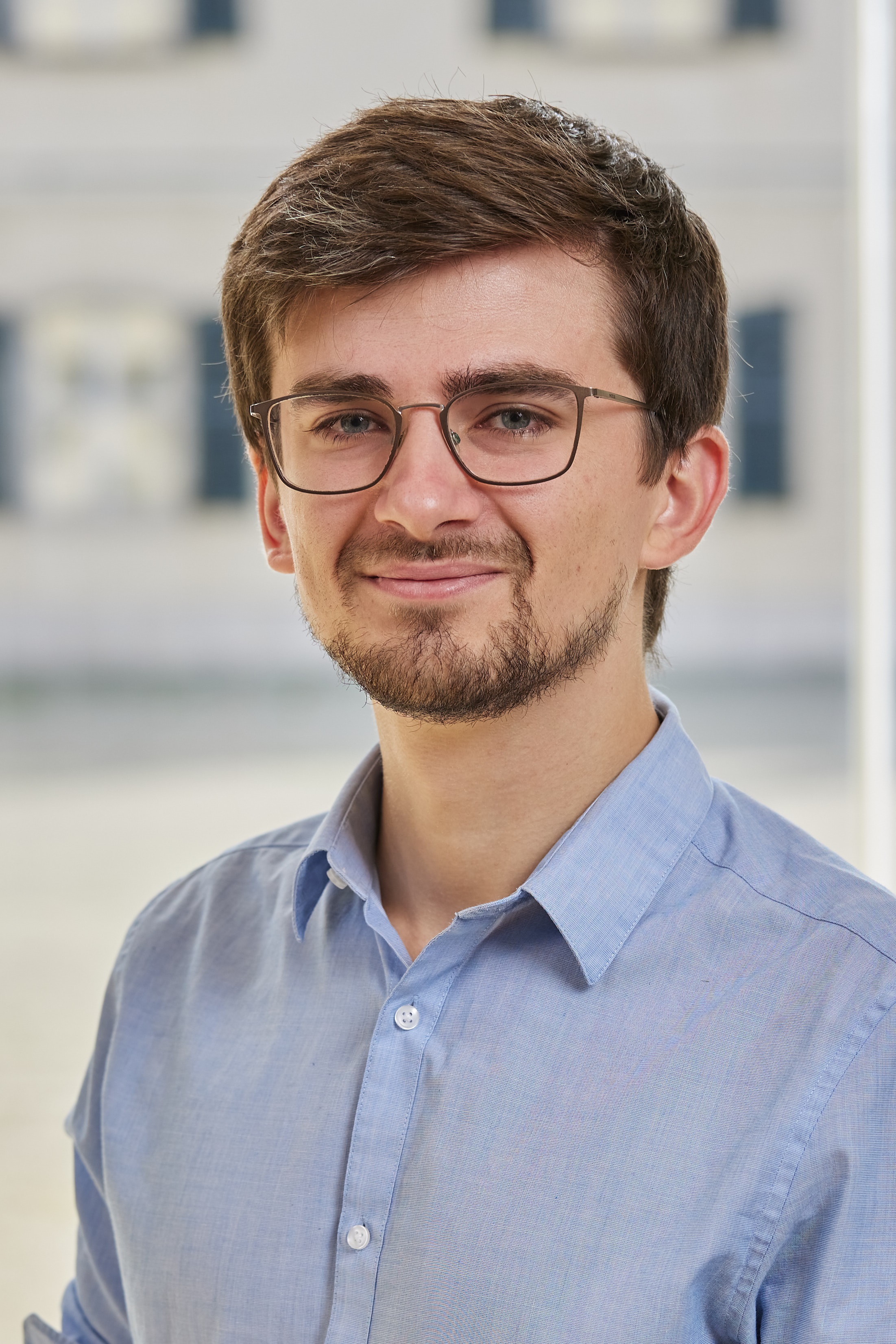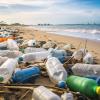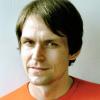
IIASA researchers Volker Krey and Jarmo Kikstra have been recognized by the Integrated Assessment Consortium (IAMC) for excellence in integrated assessment modeling.
The Integrated Assessment Consortium (IAMC) is an organization of scientific research institutions that pursues scientific understanding of issues associated with integrated assessment modeling (IAM) and analyses. IIASA was instrumental in the creation of the IAMC in response to a 2007 call from the Intergovernmental Panel on Climate Change (IPCC) for a research organization to lead the integrated assessment modeling community in the development of new scenarios that could be employed by climate modelers in the development of prospective ensemble numerical experiments for both the near term and long term. The consortium periodically announces four types of awards rewarding excellence in Integrated Assessment Modeling following nominations from members: a Lifetime Achievement Award, an Award for Extraordinary Contributions to the field of IAM, an Award for Early Career Researchers, and an Award for the best poster presentation at the IAMC annual meeting.
 © Silveri | IIASA
© Silveri | IIASA
Volker Krey
This year’s Award for Extraordinary Contributions to the field of IAM went to IIASA Integrated Assessment and Climate Change Research Group Leader, Volker Krey, in recognition of his cumulative contribution to the IAM community. He has been coordinating the data activities of the IAMC for more than a decade, during which time his leadership and continued efforts in the area of data standardization has led to the creation of the IAMC data template and a breakthrough in enabling coherent reporting and comparisons across scenarios. In addition to leading the scientific data group of the IAMC, Krey also led the development of the IAMC scenario database infrastructure, which was the core innovation that enabled large-scale data collection and modeling comparison projects all around the world. These two innovations were also critical to the role of the IAMC in the recent IPCC assessments. In the 5th Assessment Report of the IPCC, he coordinated the comparison of sectoral studies with the IAM scenarios, and in the recent 6th Assessment Report he played a critical role in bridging national modeling efforts with global IAMs.
 © Silveri | IIASA
© Silveri | IIASA
Jarmo Kikstra
Jarmo Kikstra, a researcher jointly associated with the Integrated Assessment and Climate Change and the Transformative Institutional and Social Solutions research groups of the IIASA Energy, Climate and Environment Program, was the recipient of this year’s IAMC Award for Early Career Researchers. This award is given to the best contribution in the field of IAMs by an early career researcher for a published paper (first author) in a peer-reviewed journal. Kikstra was specifically awarded for his paper on COVID-19 recovery scenarios with diverging levels of energy demand practices. He has been working on Integrated Assessment Modeling for just three years and has quickly established a record of diverse contributions to the field. His rapidly growing contributions go well beyond this contribution on COVID-19 recovery scenarios, with research covering the global assessment of decent living gaps for multidimensional poverty, the social cost of carbon, and a material contribution to the IPCC Working Group 3 climate scenario assessment.
We congratulate Volker Krey and Jarmo Kikstra on this excellent achievement.
News

16 July 2024
Mapping global rooftop growth for sustainable energy and urban planning

28 June 2024
Drowning in waste: pollution hotspots in aquatic environments

21 June 2024

